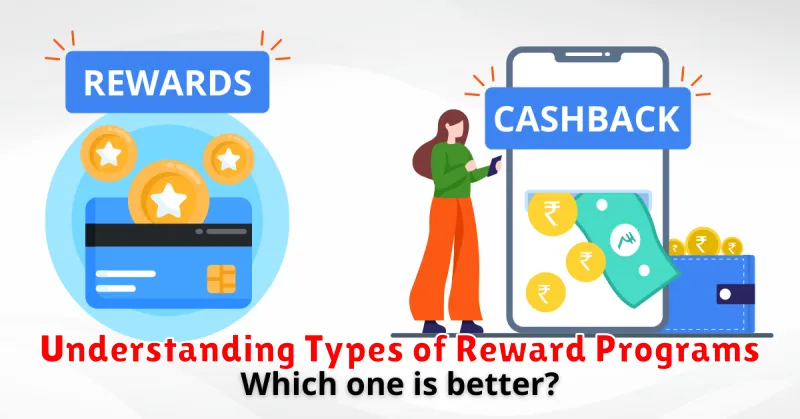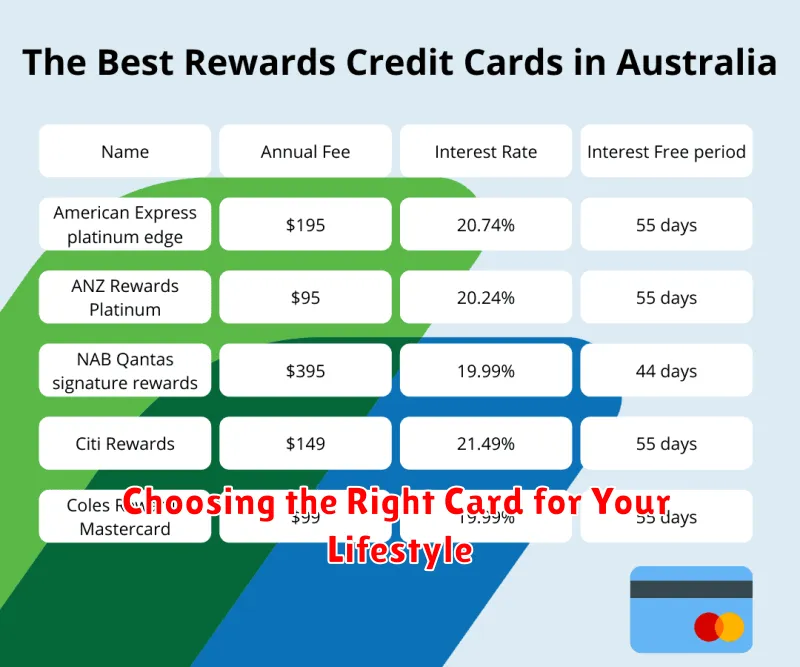Are you looking to maximize rewards and earn valuable points or cashback without falling into the trap of credit card debt? Many people believe that racking up significant credit card balances is the only way to reap the benefits of rewards programs. However, this is a dangerous misconception. This article will guide you through proven strategies to maximize rewards on your credit cards while maintaining excellent financial health and avoiding the pitfalls of debt. We’ll cover smart spending habits, choosing the right cards, and effective redemption techniques to help you earn maximum rewards responsibly.
Learn how to strategically use credit cards to your advantage by focusing on responsible spending habits. Discover how to select credit cards that best align with your spending patterns and offer the highest rewards without charging exorbitant fees. We will explore effective methods to maximize your rewards points or cashback, such as strategically timing purchases, taking advantage of bonus offers and promotions, and choosing the most rewarding redemption options. This guide will empower you to build a solid foundation for smart credit card usage, helping you enjoy the benefits of rewards programs without the burden of credit card debt.
Understanding Types of Reward Programs

Maximizing rewards without incurring credit card debt requires a strategic understanding of the various reward program structures available. Different programs offer different benefits, and choosing the right one depends heavily on your spending habits and financial goals.
Cash-back programs are perhaps the simplest. These programs offer a percentage of your spending back as cash, either directly deposited into your account or as a statement credit. The percentage typically varies depending on the card and spending category, with some offering higher rates on specific purchases like groceries or gas.
Points-based programs are more complex. These programs award points for every dollar spent, which can then be redeemed for various rewards, such as travel, merchandise, or gift cards. The value of these points fluctuates depending on how and where you redeem them, so careful consideration of the redemption options is crucial. Understanding the point-to-dollar ratio is key to determining the program’s true value.
Airline and hotel loyalty programs are another popular option, often offering perks beyond simple points accumulation. These programs frequently include benefits like priority boarding, free checked bags, and lounge access. However, the value of these benefits varies significantly depending on the airline or hotel chain and the frequency of your travel.
Finally, some programs offer a hybrid approach, combining elements of cash-back, points-based, and even partner rewards. These programs often provide flexibility, but require careful attention to terms and conditions to understand how best to maximize benefits.
Careful evaluation of these different reward program structures is essential to ensuring you choose a program that aligns with your spending habits and helps you reach your financial goals without the risk of accumulating credit card debt. Choosing the right program is half the battle in maximizing rewards.
Using Your Card for Budgeted Spending Only
One of the most effective strategies for maximizing rewards without accumulating credit card debt is to strictly adhere to a budget and only use your credit card for expenses already allocated within that budget.
Before you even think about swiping your card, create a detailed budget that outlines all your income and expenses. This should include essential costs like rent, utilities, and groceries, as well as discretionary spending like entertainment and dining out. Be realistic and ensure your budget leaves room for debt repayment if you already have existing credit card balances.
Once you have a solid budget, allocate specific amounts for purchases you plan to make with your credit card. This might involve categorizing your spending into various areas like groceries, gas, and online shopping. Then, track your spending diligently, making sure you don’t exceed the budgeted amounts for each category. Many budgeting apps and spreadsheets can greatly assist in this process.
Paying your credit card balance in full and on time each month is paramount. This is crucial to avoid interest charges, which can quickly negate any rewards earned and lead to debt accumulation. Setting up automatic payments can be helpful in ensuring you never miss a due date.
By combining careful budgeting with disciplined spending habits, you can leverage the rewards offered by credit cards without falling into the trap of high-interest debt. This proactive approach ensures that your credit card benefits your financial health rather than harming it.
Paying in Full to Avoid Interest
One of the most crucial strategies for maximizing rewards without accumulating credit card debt is to consistently pay your balance in full each month. This seemingly simple action eliminates the interest charges that can quickly negate any rewards earned.
Many credit card rewards programs offer significant benefits, but these benefits are significantly diminished – or even lost entirely – if you’re paying interest on your balance. Interest rates on credit cards are typically quite high, meaning that the money you pay in interest often surpasses the value of any rewards points or cashback you’ve accumulated.
Paying your balance in full prevents the accrual of interest, ensuring that you retain the full value of your rewards. This disciplined approach transforms your credit card from a potential debt trap into a powerful tool for earning valuable rewards without compromising your financial health.
To facilitate this, consider setting up automatic payments from your checking account. This removes the burden of remembering to make the payment each month and minimizes the risk of late payments which incur additional fees. Regularly checking your account balance and transaction history also helps you stay aware of your spending and avoid exceeding your repayment capabilities.
By prioritizing paying your balance in full each month, you unlock the true potential of credit card rewards programs, transforming them from a potential financial burden into a valuable asset that enhances your financial well-being.
Tracking Points and Expiration Dates
Maximizing rewards requires diligent tracking of your points and miles. Many reward programs have expiration dates on accumulated points, rendering them worthless if not utilized before they expire. Failing to monitor these deadlines can lead to significant losses.
Several strategies exist for effective point tracking. Maintaining a dedicated spreadsheet or using a points tracking app can help you organize your balances across multiple credit card programs and loyalty schemes. These tools allow you to visualize your point totals and upcoming expiration dates, facilitating proactive redemption planning.
Beyond simply recording balances and expiration dates, consider adding notes about potential redemption options. Knowing the value of your points in different scenarios allows for informed decisions. For example, are your points better used for travel, merchandise, or cash back? Prioritizing redemptions based on upcoming expiration dates and the relative value of different reward options is crucial.
Regularly reviewing your statements from credit card companies and loyalty programs is also a fundamental step. These statements often include details about your point balances and upcoming expirations. Setting reminders on your calendar or using notification features within your chosen tracking system ensures you don’t miss important deadlines.
Proactive point management, including careful tracking and timely redemption, is essential to avoid losing valuable rewards. The effort spent on organizing and monitoring your points will significantly contribute to maximizing the value of your credit card programs.
Avoiding Overspending for the Sake of Rewards
The allure of credit card rewards is undeniable. Points, miles, cash back – the promise of free travel, merchandise, or statement credits is tempting. However, the pursuit of these rewards can easily lead to overspending, a trap that quickly negates any benefits.
To avoid this, begin by establishing a realistic budget. Carefully track your spending habits to identify areas where you can potentially cut back. This will provide a clearer picture of your disposable income and help you determine how much you can comfortably allocate towards credit card purchases without compromising your financial stability.
Next, choose a credit card that aligns with your spending habits and offers rewards that are genuinely valuable to you. Don’t sign up for a card simply because it offers a high sign-up bonus if you won’t be able to utilize the rewards effectively. Prioritize cards with rewards that match your regular expenditures, whether it’s groceries, gas, or dining.
Always pay your balance in full and on time. This is crucial for avoiding interest charges, which can quickly wipe out any rewards earned. Carrying a balance defeats the purpose of using a rewards credit card, transforming it from a valuable financial tool into a costly debt burden.
Finally, monitor your spending closely. Regularly review your statements to ensure you’re staying within your budget and not succumbing to impulsive purchases driven by the desire for rewards. Set spending limits for yourself and stick to them diligently.
Choosing the Right Card for Your Lifestyle

Selecting the right credit card is crucial for maximizing rewards without accumulating debt. The best card for you depends heavily on your spending habits and financial goals. Consider what categories you spend the most money on – groceries, gas, travel, dining out – as different cards offer enhanced rewards in specific areas.
For example, if you frequently travel, a card offering bonus points or miles on airfare and hotels would be beneficial. If you’re a regular online shopper, a card with cash back on online purchases might be a better fit. Similarly, if you prioritize groceries, look for a card that offers increased rewards on supermarket spending. Carefully analyzing your monthly expenses will help pinpoint the most suitable card.
Beyond spending categories, consider the card’s annual fee. While some cards with high annual fees offer substantial benefits, others provide excellent rewards with no annual fees. Weigh the potential rewards against the annual cost to ensure a positive return on investment. Additionally, pay close attention to the APR (Annual Percentage Rate). A lower APR will help minimize interest charges if you carry a balance, but remember that responsible spending and timely payments are key to avoiding debt.
Don’t forget to examine the additional benefits offered by different cards. Some might include travel insurance, purchase protection, or access to airport lounges. These perks can add significant value, especially if they align with your lifestyle and needs. Taking the time to compare several cards based on your specific circumstances is essential for choosing a card that truly helps you maximize rewards and manage your finances effectively.

